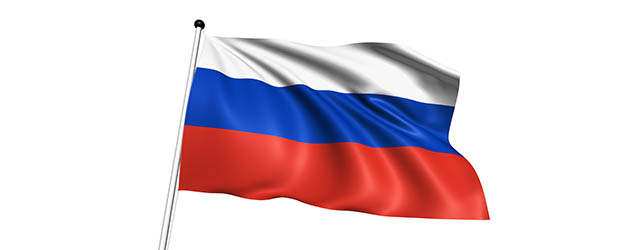Capital Markets | Corporate Debt

As Russian companies strive to cope with higher borrowing costs and a shortage of dollars and euros to repay foreign debt, emerging markets bonds are coming under increasing scrutiny by investors. While some analysts point to improved fundamentals in many developing countries, others say they cannot rule out a potential EM debt crisis in 2015.
Jan Dehn, London-based head of research at Ashmore, a specialist EM investment manager, says: “Ahead of US rate hikes, we remind everyone that per capita [government and corporate] debts have risen by $50,000 in developed countries and fallen by $3,500 per person in emerging markets since 2000.”
New corporate debt from issues in emerging markets totaled $349 billion in 2014, a decline of 11% from 2013, according to Thomson Reuters. Corporate debt from issuers in Russia fell 74% last year to $17.2 billion.
“Western sanctions, a sagging oil price and the ruble’s plunge are weakening Russia economically and financially, though not driving it to the point of crisis,” says Ian Bremmer, president of Eurasia Group. “A Kremlin that feels antagonized and isolated but not substantially constrained is a dangerous prospect.”
In his recent global survey, “Top Risks in 2015,” Bremmer says Russia will be a volatile actor on the world stage this year, posing a top risk to Western governments and businesses throughout the year. “Both violence and existing Western sanctions will persist in 2015, and there’s a real risk of Russian escalation and additional sanctions this year,” Bremmer says.
There is a “strong possibility” of a large Russian-linked cyberattack on a major Western financial or government institution, Bremmer says. Even a limited attack could provoke a serious escalation in tensions, he says.
Moody’s Investors Service cut Russia’s credit rating to Baa3, one notch above speculative grade, on January 16 and put the country under review for a further downgrade. “The severe—and likely to be sustained—oil price shock, alongside Russian borrowers’ highly restricted international market access due to ongoing sanctions, is undermining economic fundamentals and increasing financial stresses on both the public and private sectors,” Moody’s says.
Russia’s central bank says Russian companies have $120 billion in repayments and interest due on external debt in 2015. The Bank of Russia said in December that it would lend dollars and euros to domestic banks that put up foreign-currency loans to major exporters as collateral. Several smaller Russian companies have already missed debt payments. Although the biggest Russian companies are still cash-rich, sanctions prevent them from raising new debt in Western markets. Russia has $400 billion in foreign exchange and gold reserves, but last year it spent about $100 billion just keeping the ruble afloat.
Venezuela, another major oil exporter, has been selling off assets and borrowing from China in an effort to avoid default on its debt. The South American country relies on oil exports for 95% of its foreign currency earnings. Moody’s said in January that there was a high risk of sovereign default.



